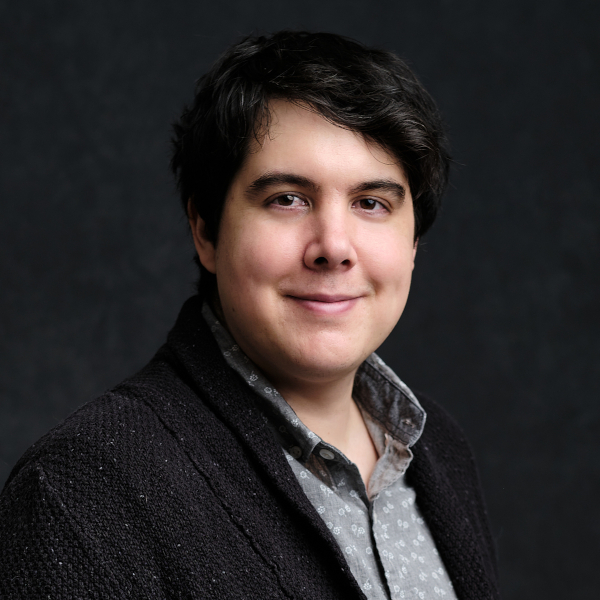Research Affiliate and Co-PI of the Julia Lab
Massachusetts Institute of Technology
Chris’ research is Scientific Machine Learning (SciML): the integration of domain models with artificial intelligence techniques like machine learning. By using the structured scientific (differential equation) models together with the unstructured data-driven models of machine learning, our simulators can be accelerated, our science can better approximate the true systems, all while enjoying the robustness and explainability of mechanistic dynamical models.
Chris is the lead developer of the DifferentialEquations.jl solver suite along with hundreds of other Julia packages, earning him the inaugural Julia Community Prize and front page features on many tech community sites. Chris’ work on high performance differential equation solving is the engine accelerating many applications from the MIT-CalTech CLiMA climate modeling initiative to the SIAM Dynamical Systems award winning DynamicalSystems.jl toolbox. He is the lead developer of JuliaSim, where the work is credited for the 15,000x acceleration of NASA Launch Services simulations and recently demonstrated a 60x-570x acceleration over Modelica tools in HVAC simulation. For these achievements Chris received the US Air Force Artificial Intelligence Accelerator Scientific Excellence Award. As lead developer of Pumas, he received the ISoP Mathematical and Computational Special Interest Group Award at the American Conference of Pharmacology (ACoP) 2019 for his work on improved clinical dosing via Koopman Expectations, along with the ACoP 2020 Quality Award for his work with Pfizer on GPU-accelerated quantitative systems pharmacology to accelerate preclinical analysis by 175x. Notably, Moderna adopted Pumas in 2020 to accelerate crucial clinical trials, noting “Pumas has emerged as our ‘go-to’ tool for most of our analyses in recent months”. For these achievements, Chris received the Emerging Scientist award from ISoP, the highest early career award in pharmacometrics.

